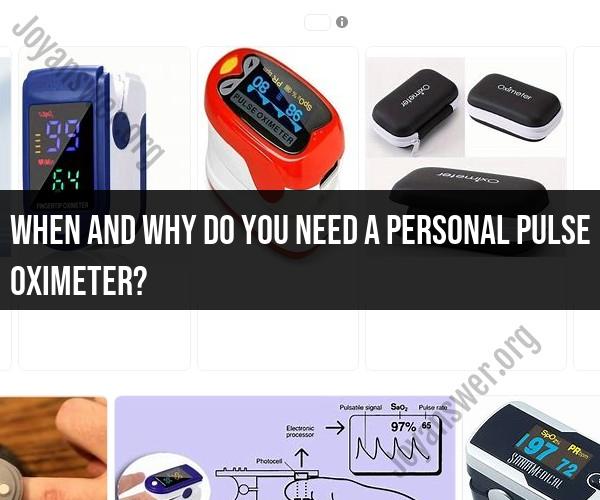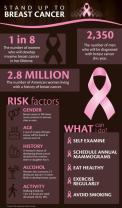When and why do you need a personal pulse oximeter?
Understanding the Need for a Personal Pulse Oximeter
A personal pulse oximeter is a valuable medical device that measures the oxygen saturation levels in your blood and your heart rate. Here's when and why you might need one:
When to Use a Personal Pulse Oximeter:
- During Exercise: Monitoring your oxygen levels during physical activity helps ensure you're not overexerting yourself.
- At High Altitudes: Oxygen levels can drop at high altitudes, and a pulse oximeter helps you monitor your body's response.
- Respiratory Conditions: Individuals with respiratory issues like asthma, COPD, or sleep apnea can use a pulse oximeter to monitor oxygen levels.
- COVID-19 Monitoring: During the pandemic, a pulse oximeter can help track oxygen levels if you suspect respiratory symptoms.
- Chronic Health Conditions: Individuals with chronic illnesses can monitor their oxygen saturation as part of their health management.
Why You Need a Personal Pulse Oximeter:
- Early Detection: A pulse oximeter can alert you to changes in oxygen levels, allowing for early intervention.
- Peace of Mind: Having a pulse oximeter at home provides reassurance, especially for individuals at higher risk.
- Managing Chronic Conditions: For those with chronic respiratory or heart conditions, regular monitoring is crucial.
- Tracking Progress: Athletes and individuals in recovery can track their progress and ensure they're improving.
- Emergency Situations: A sudden drop in oxygen levels can indicate a medical emergency, and a pulse oximeter can help you respond promptly.
Considerations:
While personal pulse oximeters are useful tools, it's important to consult a healthcare professional for guidance on usage and interpretation of readings. They can help you understand what readings are normal for you and when to seek medical attention.
In conclusion, a personal pulse oximeter can be an essential device for monitoring oxygen levels, especially in situations where timely information is crucial for your health and well-being.












